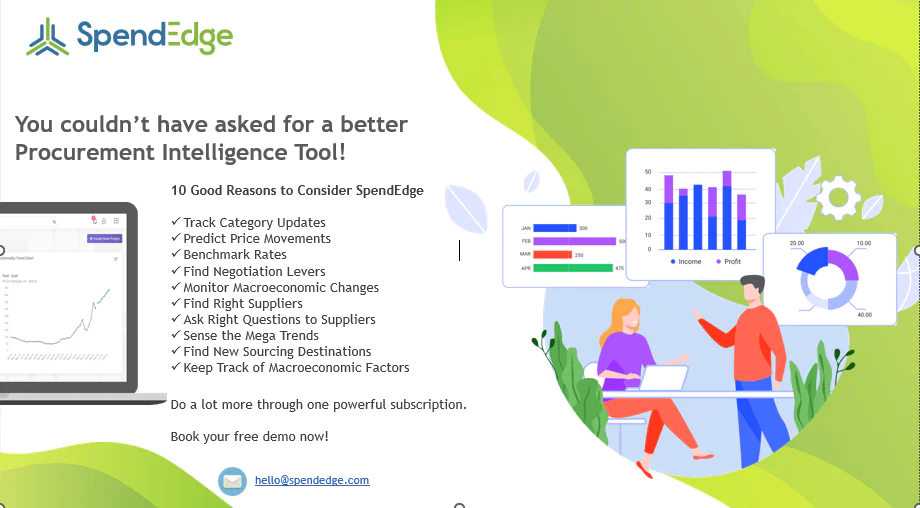In procurement, the process of supplier shortlisting stands as a critical juncture where strategic decisions can markedly impact the cost-effectiveness and efficiency of operations. It is within this initial phase that buyers lay the groundwork for successful procurement endeavors, aiming to identify suppliers who align closely with their needs, standards, and financial objectives. The imperative, therefore, is not merely to compile a list of potential vendors but to streamline the shortlisting process itself, ensuring that it is both rigorous and targeted. In this article, we delve into the methods and principles underpinning the optimization of supplier shortlisting for cost-effective procurement.
Understanding the Challenge
At its core, the challenge of supplier shortlisting lies in distilling a vast array of options into a select few that offer the optimal balance of quality, reliability, and cost efficiency. This necessitates a methodical approach that transcends mere intuition or arbitrary selection. Moreover, the stakes are high, as the suppliers ultimately chosen will exert a profound influence on the organization’s bottom line, operational resilience, and competitive positioning.
Strategic Criteria Selection
Central to the optimization of supplier shortlisting is the identification and prioritization of key criteria that will guide the selection process. These criteria should reflect the specific needs and objectives of the organization while also encompassing broader considerations such as industry standards and best practices. While the exact criteria will vary depending on the nature of the procurement, common factors often include:

Quality Assurance
Assessing the supplier’s track record in delivering products or services that meet or exceed quality standards is paramount. This involves scrutinizing factors such as product reliability, compliance with regulatory requirements, and adherence to industry certifications.
Cost Competitiveness
While cost should not be the sole determinant, it remains a critical factor in supplier selection. Evaluating the supplier’s pricing structure, transparency in pricing mechanisms, and willingness to negotiate favorable terms can significantly impact the overall cost-effectiveness of procurement.
Operational Capacity
A supplier’s ability to meet demand consistently and reliably is essential for maintaining seamless operations. Factors such as production capacity, lead times, and inventory management capabilities warrant careful evaluation to mitigate the risk of supply chain disruptions.
Financial Stability
Assessing the financial health and stability of potential suppliers is crucial for safeguarding against unforeseen risks such as bankruptcy or insolvency. This involves analyzing financial statements, credit ratings, and liquidity ratios to gauge the supplier’s financial viability.
Ethical and Sustainability Practices
In an era of heightened corporate social responsibility, organizations must consider the ethical and sustainability practices of their suppliers. This entails evaluating factors such as labor practices, environmental impact, and adherence to ethical sourcing standards.
Data-Driven Decision Making
In optimizing supplier shortlisting, data emerges as a powerful tool for informed decision-making. By leveraging data analytics and market intelligence, organizations can gain valuable insights into supplier performance, market trends, and competitive dynamics. This enables a more objective and evidence-based approach to supplier evaluation, reducing reliance on subjective judgments or anecdotal evidence.
Supplier Performance Metrics
An integral component of data-driven decision-making is the establishment of robust supplier performance metrics. These metrics serve as quantitative indicators of supplier performance across key dimensions such as quality, cost, delivery, and service levels. By tracking and analyzing supplier performance data over time, organizations can identify trends, areas for improvement, and potential red flags early on, facilitating proactive management of supplier relationships.
Way Forward
Optimization is not a one-time endeavor but rather an ongoing process of refinement and improvement. As such, organizations must embrace a culture of continuous improvement in supplier shortlisting practices. This entails regularly reviewing and updating selection criteria, refining evaluation methodologies, and incorporating feedback from stakeholders and suppliers alike. By fostering a culture of innovation and adaptability, organizations can stay ahead of the curve and drive sustained improvements in procurement effectiveness.
Conclusion
In conclusion, optimizing supplier shortlisting for cost-effective procurement requires a strategic and systematic approach grounded in data-driven decision-making. By identifying and prioritizing key selection criteria, leveraging data analytics, and embracing a culture of continuous improvement, organizations can enhance the efficiency, reliability, and cost-effectiveness of their procurement processes. In doing so, they can forge stronger supplier partnerships, mitigate supply chain risks, and ultimately drive sustainable competitive advantage in the marketplace.





